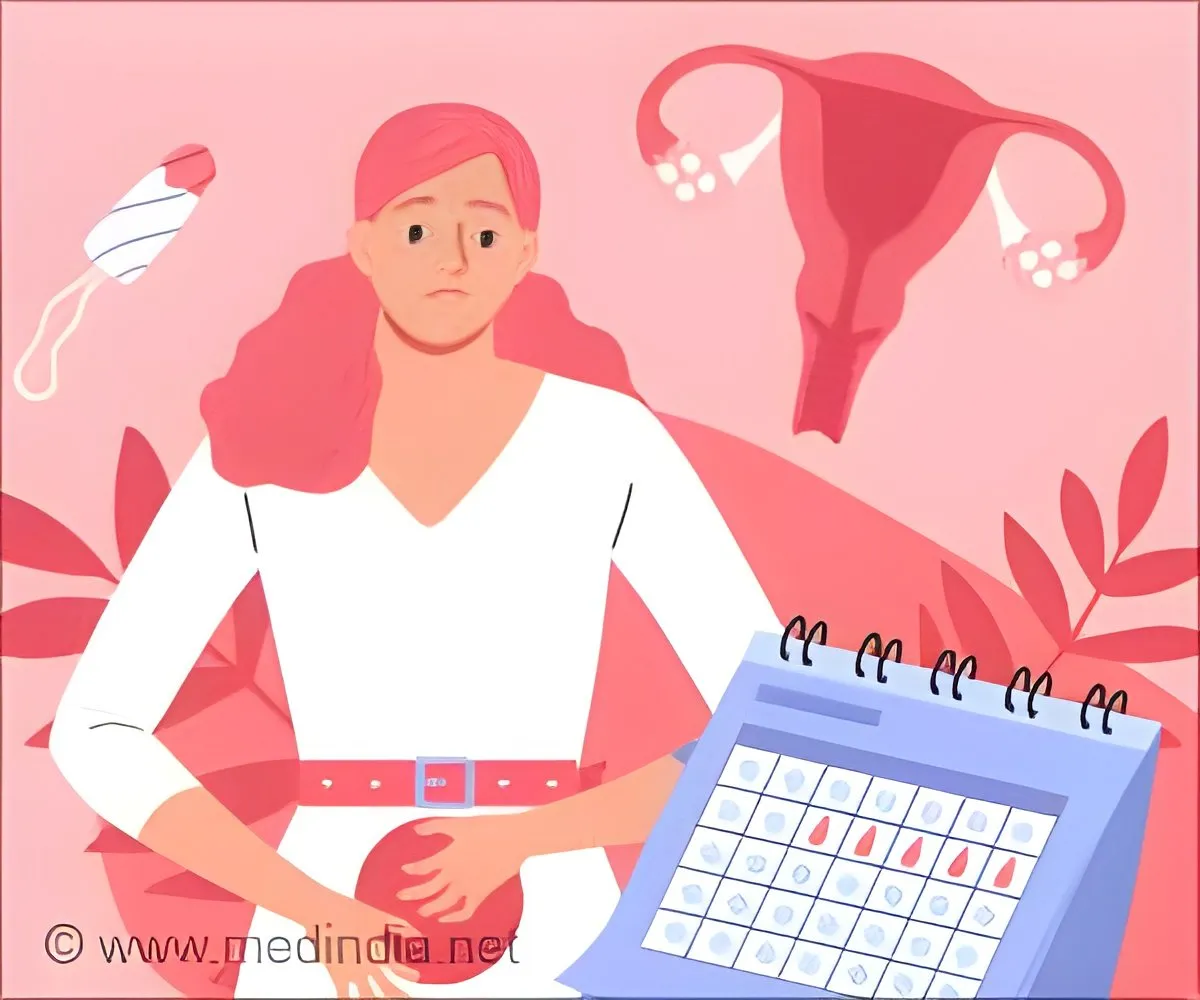Addressing Period Poverty and Promoting Menstrual Equity for Teens

Urgent Need for Menstrual Equity Among Teens
According to Dr. Meleah Boyle, a co-senior author of a recent study, period poverty is a growing concern in the U.S. The research indicates that 30% of adolescents lack access to necessary menstrual products. Addressing this issue demands action at multiple levels to make these products affordable and available.
Addressing Menstrual Access Challenges
Strikingly, the findings show that the challenges in accessing products affect all socioeconomic groups and ethnic backgrounds. It is estimated that approximately 11.9 million who menstruate face difficulties obtaining necessary items, leading to detrimental outcomes such as missed school days and health issues. This research calls for significant changes in public policy to prioritize menstrual health.
Ensuring access to healthy and appropriate menstrual health products should be a public health priority, said Boyle. This sentiment highlights the pressing need for comprehensive solutions in the pursuit of menstrual equity.
Disclaimer: The information provided on this site is for informational purposes only and is not intended as medical advice. We are not responsible for any actions taken based on the content of this site. Always consult a qualified healthcare provider for medical advice, diagnosis, and treatment. We source our news from reputable sources and provide links to the original articles. We do not endorse or assume responsibility for the accuracy of the information contained in external sources.
This article was prepared using information from open sources in accordance with the principles of Ethical Policy. The editorial team is not responsible for absolute accuracy, as it relies on data from the sources referenced.